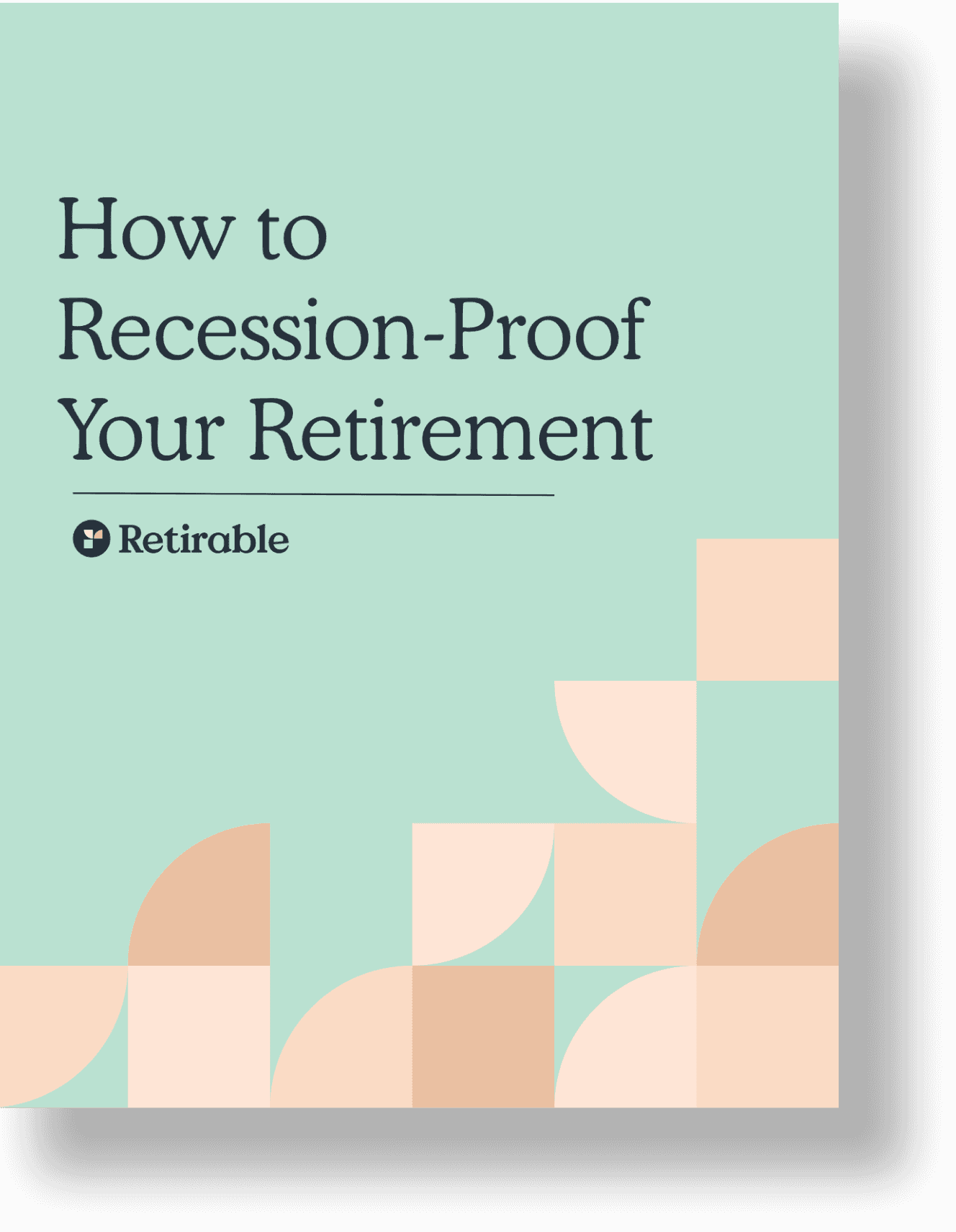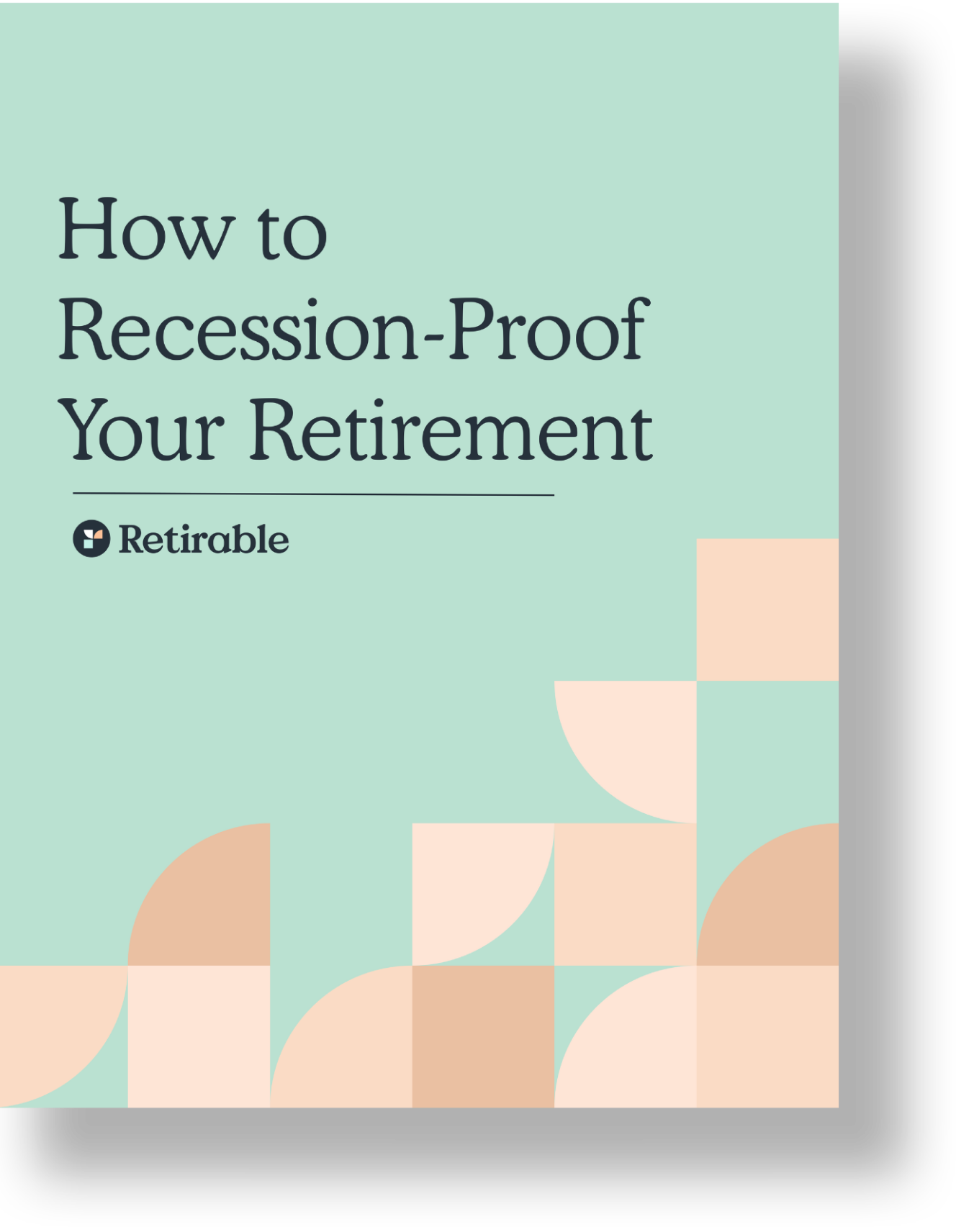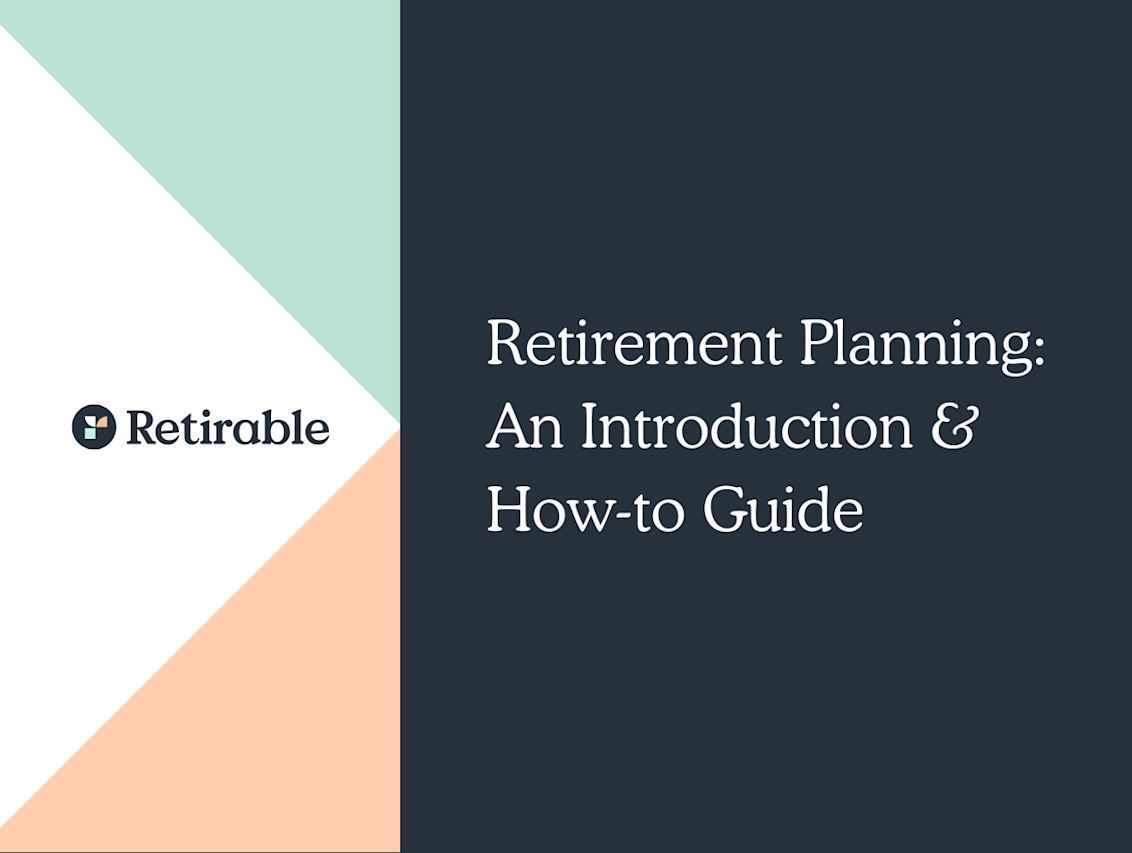Lifestyle
The Central American country of Costa Rica is a seaside wonder. Bordered by the Caribbean Sea on one side and the Pacific Ocean on the other, it boasts miles of beaches where you can swim, paddle board or daydream after spending a day hiking in its equally stunning rainforests. If this sounds like the perfect way to spend your retirement, you’re in luck: while there are some financial requirements, getting a long-term visa is not impossible. Read on and learn how to retire in Costa Rica, the country’s cost-of-living, and important housing considerations.

C.E Larusso
•
Published September 29th, 2023
Table of Contents
Key Takeaways
With a low cost-of-living and nature at every turn, Costa Rica is a beautiful and affordable place to retire
There are three long-term visa options available: the Pensionado, the Rentista, and the Inversionista
The country has excellent medical care and is considered a “blue zone,” an area recognized for its populations’ long lifespans
The Central American country of Costa Rica is a seaside wonder. Bordered by the Caribbean Sea on one side and the Pacific Ocean on the other, it boasts miles of beaches where you can swim, paddleboard or daydream after spending a day hiking in its equally stunning rainforests. If this sounds like the perfect way to spend your retirement, you’re in luck: while there are some financial requirements, getting a long-term visa is not impossible. Read on and learn how to retire in Costa Rica, the country’s cost-of-living, and important housing considerations.
How to Retire in Costa Rica: Travel Tips & Immigration Guide
With gorgeous vistas in every direction, it’s hard to believe that Costa Rica is just a short flight from the U.S., but it’s only a six-hour journey from Tampa. While there are several necessary steps to do before you commit to retiring in Costa Rica, so long as you have the funds, you can get a visa.
Why do Retirees Choose to Live in Costa Rica?
For many people, retirement looks like a long day at the beach—mai tai in hand. That vision, however, is sometimes financially unattainable within the U.S.—which is where Costa Rica comes in. With 800 miles of coastline and over half of its inland covered in rainforest, it’s a spectacularly beautiful country with a very low cost of living.
It also draws outdoor enthusiasts, with 28 national parks to explore and miles of hiking trails. The Arenal Volcano has striking scenery and several paths to stroll on. In addition, Nicoya, Costa Rica is considered a “blue zone,” an area recognized for its populations’ long lifespans—the average person lives to be 85. This could be due to the food, the relaxed culture, the community, or its excellent medical care system: legal resident expats can take advantage of the government-run universal healthcare program, Caja. Based on your income you pay a monthly fee for all of your doctor’s visits and prescriptions, and specialists inside private networks can be seen at a discounted price.
Average Cost to Retire in Costa Rica
Overall, life in Costa Rica costs less than most American cities. According to International Living magazine, a single person can be comfortable spending $1,600 to $2,000 a month, with couples spending between $2,500 and $3,000 for their expenses, including housing, utilities, transportation, food, and medical care. The cost of housing can range, of course, depending on whether you wish to live in a city or in a smaller village or beach community.
Average one-bedroom rent in Costa Rica (city): $577 per month
Average one-bedroom rent in Costa Rica (outside city): $398 per month
Average home price in Costa Rica (city): $176 per square foot
Average home price in Costa Rica (outside city): $123 per square foot
Average monthly grocery costs in Costa Rica: $400
Average cost of living in Costa Rica: 27% lower than the United States
As noted, the cost of living in Costa Rica is significantly lower than that of the United States, but how much lower depends on a few factors: whether you wish to live in the city or outside of it, how large or a home you need, and where you were living in the U.S. before moving—obviously, life in Costa Rica will be much less expensive than living in New York City, but the change may not be so profound if you’re moving from South Dakota (though the sunny weather will be a nice change of pace).
To get more specific about the cost of groceries, you can expect to approximately spend:
- $6 for a gallon of milk
- $2 for a loaf of bread
- $5 for a pound of beef
- $13 for a bottle of wine
In addition, the country has many farmer’s markets (feria) with inexpensive, locally-grown produce such as papayas, avocados, bananas, zucchinis, and carrots. There are also sellers with stands selling pantry staples like honey, chocolate, and baked goods.
Immigration Programs for Foreigners Looking to Move to Costa Rica
There are three visa options for those looking to relocate to Costa Rica. To receive a Pensionado visa, you will need to show proof that you have at least $1,000 a month in income from a pension or retirement fund that will last you the rest of your life—this can be your Social Security, your pension, or some other guaranteed income stream. The visa lasts two years, and can be renewed after that, assuming your financial situation has not changed. After three years, you can apply to become a legal, full-time resident.
The Rentista visa is also temporary (for two years) and is for those who have a regular monthly income of at least $2,500 for two years. You will make a bank deposit of $60,000 (to a local Costa Rican bank) and then obtain a commitment letter that you will have that $2,500 made available each month. You can choose to leave the $60,000 alone in the bank so it’s already there when you need to renew your visa, or you can withdraw from it and then replenish the savings with $60,000 after two years have passed, but you will need to show proof of that amount of savings after the two year visa has expired.
The third option, the Inversionista visa, requires that you make an investment of $200,000 or more in property or another Costa Rican business project. This visa also allows for two years of residency, but you can renew it after that point provided your investment is still active, with full residency available at the three year mark.
Applying for a Visa
In addition to your proof of income or investment, in order to apply for a visa to live in Costa Rica for an extended period you will likely need to produce:
- Passport
- A criminal background check
- Birth certificate
- Passport photos
- Marriage certificate (if applicable)
Tax Considerations for US Immigrants Living in Costa Rica
You will not need to pay taxes to the Costa Rican government on your Social Security benefits, pension, or investment income, or freelance/business income provided the business operates out of the U.S., but Uncle Sam will still require you to pay up. You should ask your accountant about the Foreign Earned Income Exclusion, which can provide exemptions if you have an overseas job or business.
If you do have a job or business (such as a vacation rental) in Costa Rica, you may need to pay local income tax; this can be as high as 25% for self-employed earners. This income tax will be levied on both employment source income and non-employment source income, and every employed person in Costa Rica must pay a monthly withholding tax based on their salary.
How much do you need to save?
We offer a retirement calculator where you can input your current savings, your goal retirement year, and your current age to get a snapshot of how much you might need to save.Housing Options in Costa Rica
There are both apartments as well as single-family homes available to rent or buy in Costa Rica. You should consider spending some time in the country using short-term housing to look for something more permanent—like most places, housing is competitive, so it might take some time to find the ideal home.
Most long-term housing leases will be for three-year tenancy. Typically, the landlord will ask for a deposit equal to one month’s rent—it could be a red flag if the landlord asks for more, unless you have a pet, as pet deposits are not uncommon. Because you need to be a legal resident of Costa Rica to register for utilities, your landlord will likely include the price of them in your rent.
Many expats choose to reside in the capital city of San José. In San José, you have many housing options available to rent or purchase—there are no restrictions on property ownership in Costa Rica. Just like in the U.S., you’ll want to hire a real estate agent to help you with your search. You should note that unless you are a legal resident, you won’t be able to finance a mortgage with a Costa Rican bank, so expect to have cash.
How is the Retirement Community in Costa Rica? Is it Easy to Fit In?
According to the U.S. State Department, approximately 70,000 expats live in Costa Rica, so you won’t be alone by any means. In addition, the number of Americans who receive Social Security benefits in Costa Rica has risen 67% since 2002; the country is becoming an increasingly popular place for retirees. The percentage of the population over age 55 is about 17%.
If living quietly in a shack on the beach is not your style, consider living in the capital city of San José and enjoying many of its cultural activities, like museums, shops, and the theater. While knowing Spanish would certainly help you navigate the country better, you will likely pick it up very quickly living there, and can take continuing education classes to improve your skills.
Frequently Asked Questions
How much money do you need to retire in Costa Rica?
It depends on which visa you wish to pursue, but to get a long-term visa you’ll need to prove you either have $1,000 in pension income every month (for the rest of your life), $60,000 to last you the course of the visa (two years, which will need to be renewed), or $200,000 to make a business investment in the country. After holding a visa for three years, you can apply for residency.
How much monthly income do I need to live in Costa Rica?
While you can live on less, $2,000 for one person or $3,000 for two would be a comfortable income in Costa Rica. Expect to spend more money if you wish to live in a city, and less if you are ok with a more rural location. On average, the cost of living is 27% lower than in the United States.
Do they speak English in Costa Rica?
While Spanish is the official language in Costa Rica, many of the more touristy areas and cities will have a large population of English speakers. Many urban Costa Ricans learn some English in school, so you shouldn’t have too much of a language barrier if you stick to a city.
Share this advice

A professional content writer, C.E. Larusso has written about all things home, finance, family, and wellness for a variety of publications, including Angi, HomeLight, Noodle, and Mimi. She is based in Los Angeles.
Share this advice

A professional content writer, C.E. Larusso has written about all things home, finance, family, and wellness for a variety of publications, including Angi, HomeLight, Noodle, and Mimi. She is based in Los Angeles.
Free Retirement Consultation
Still have questions about how to properly plan for retirement? Speak with a licensed fiduciary for free.






